Spotting the fake wines
The recently convicted Rudy Kurniawan wine forgery case had a significant impact on the international wine world; Imported fine wines sold in China, meanwhile, have been troubled by fake and copycats for many years.
In order to avoid fake wines entering its auctions, Christie’s ‘mainly accept wines from big-scale and professional collectors who have been collecting wines for a long time and have been stably providing good quality wines to us,’ explained Zhang. Some collectors have worked with Christie’s for more than 20 years, he added.
The auction house is extra cautious if wines are brought by collectors they didn’t know before. Wines will be rejected straight away ‘if the provenance is unknown or the condition is not good enough’, Zhang said.
Currently Christie’s mainly source its lots either directly from the wineries, or from big collectors with experience and commercial strength. ‘No matter it’s a big or small collector, as long as the wines are not directly from the producer, we will get in touch with the winery to ensure the authenticity of these wines.’
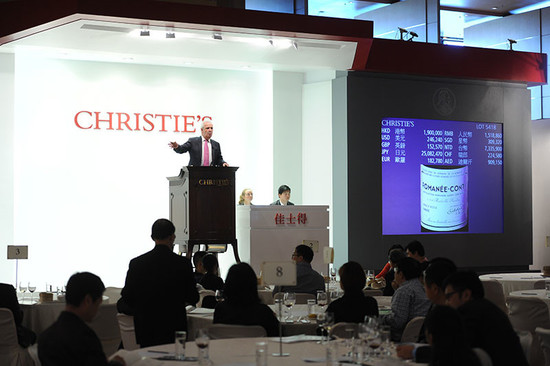
The ‘preferences’ of New York, London and Hong Kong auctions
Although what is sold at auctions depends on what the sellers have and where they’d like to sell it, auctions happening in New York, London and Hong Kong tend to have different ‘preferences’, Zhang said.
The ‘more mature’ London market is ‘possibly the most diverse market of the three, where you can find wines that rarely appear in other markets.’
In terms of maturity, the US auction market sits between London and Hong Kong, with significant sales of Burgundy and Bordeaux, but the interests of the buyers are getting more multi-dimensional. New York is also the heart land of domestic wine auctions, according to Zhang.
In terms of diversity, Asia is perhaps the ‘most linear’ among the three. Bordeaux wines are still the main product, with the percentage of Burgundy rising.
Having said that, wines from Champagne, Italy, Spain and Germany have started to draw the attention of Chinese buyer. Australian wines are also present at these auctions. Compared to 2008 - 2009, when Bordeaux dominated the auctions in Hong Kong, this is already a ‘big improvement’, said Zhang.
It’s worth noting that a high percentage of the lots sold in Hong Kong are sourced from overseas. ‘Except for a few big collectors, most collectors in Asia still haven’t been collecting wines for very long,’ said Zhang. ‘Possibly they won’t start regularly selling wines until another ten years.’
The most popular wines in Asia
The most sought-after wines in Hong Kong auctions at the moment are those from the famous wine regions in Burgundy and Italy. Rare and top quality Burgundy including Leroy, Romanee-Conti, Henry Jeyer, as well as cult wines including Silex, are the favourites among Chinese buyers.
However, volume-wise Bordeaux is still the most bought wines at these auctions, with Chinese buyers showing a steady and long-term interest on those familiar top-tier clarets.
The auction house ‘possibly won’t consider selling Chinese wines at the moment,’ said Zhang. ‘The world of wine auctions is rather traditional and conservative. Only excellent and sustainable quality can persuade people to try new things. Chinese wineries still need many years to prove their true value.’
Austin’s tip for consumer: Are wine auctions only for the rich?
Austin Zhang: In fact auction houses don’t only sell super-premium wines, though usually the media only talk about the record-breaking sales.
Many lots are affordable wines for daily consumption. For example, we just had an auction in Hong Kong, where wines were sold at around 100 HKD per bottle (8 pounds). The auction houses won’t sell them by the bottle, though; we will need to group several bottles together to form a ‘lot’ of certain value, so as to make the sale profitable for us.
Translated by Sylvia Wu / 吴嘉溦
All rights reserved by Future plc. No part of this publication may be reproduced, distributed or transmitted in any form or by any means without the prior written permission of Decanter.
Only Official Media Partners (see About us) of DecanterChina.com may republish part of the content from the site without prior permission under strict Terms & Conditions. Contact china@decanter.com to learn about how to become an Official Media Partner of DecanterChina.com.


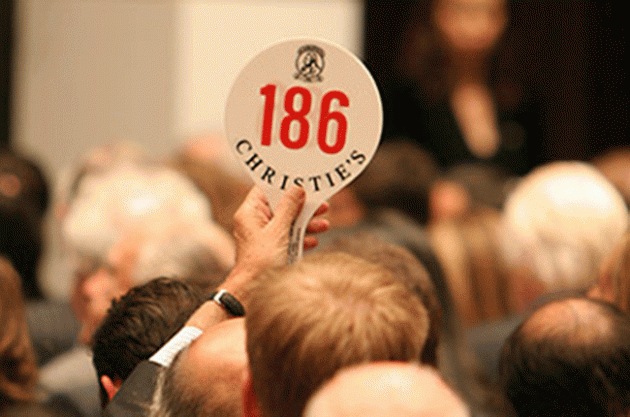
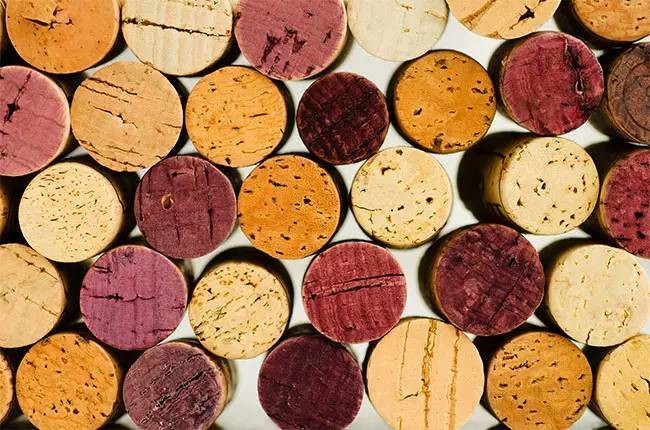
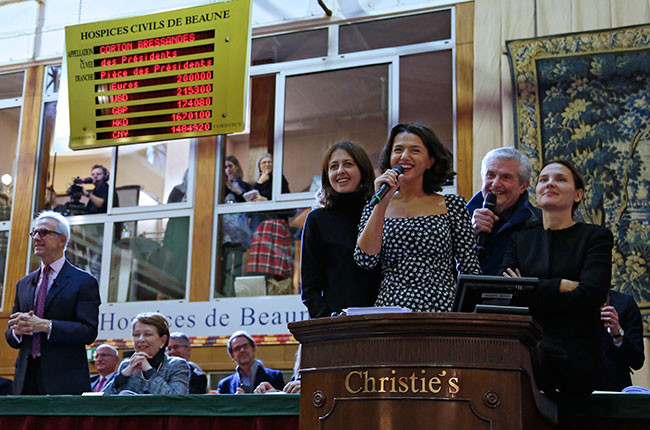
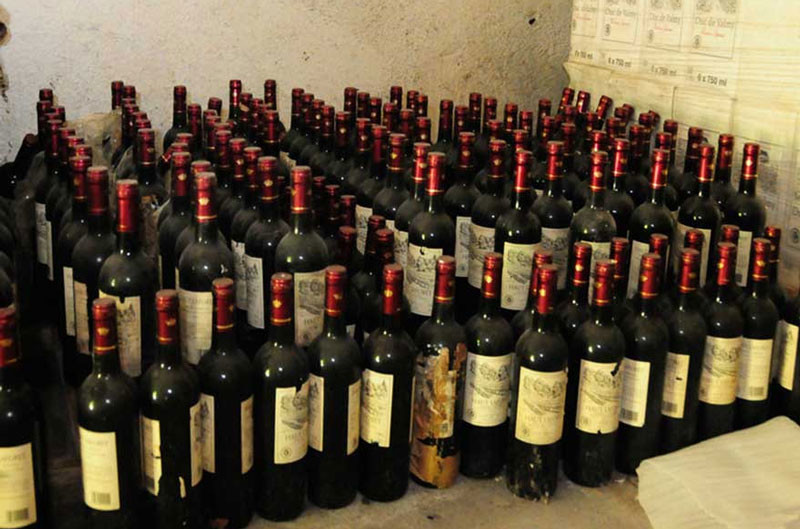

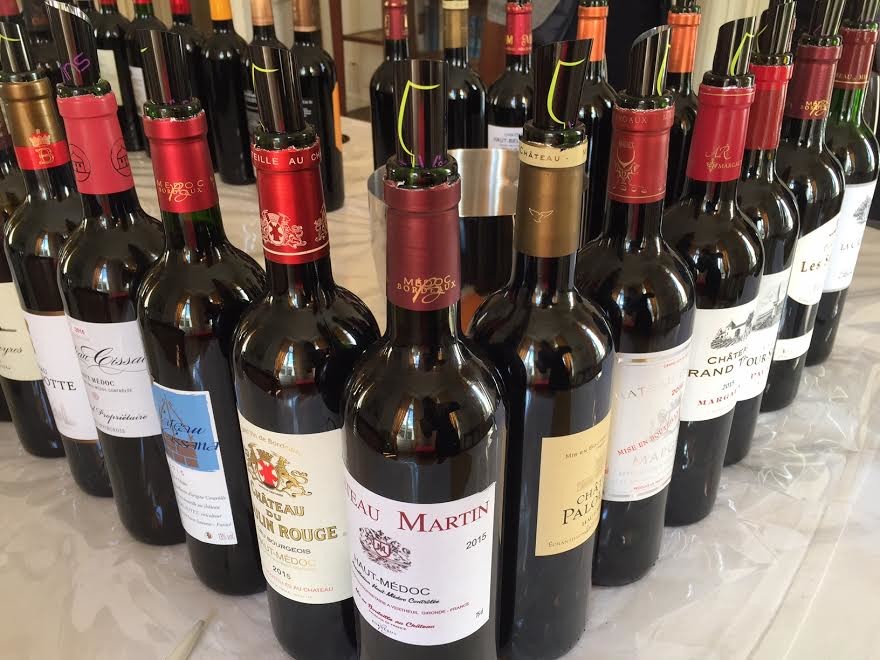
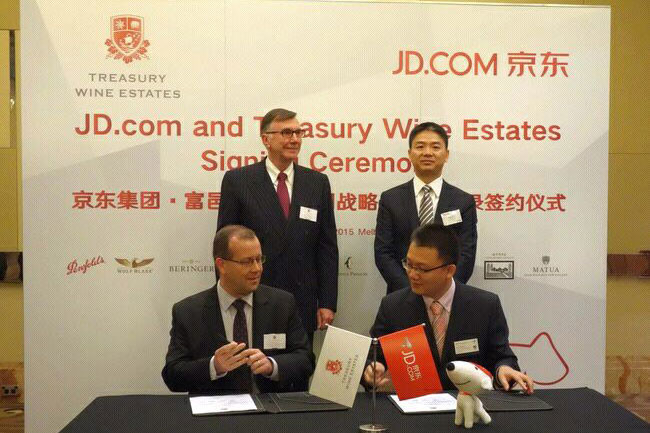
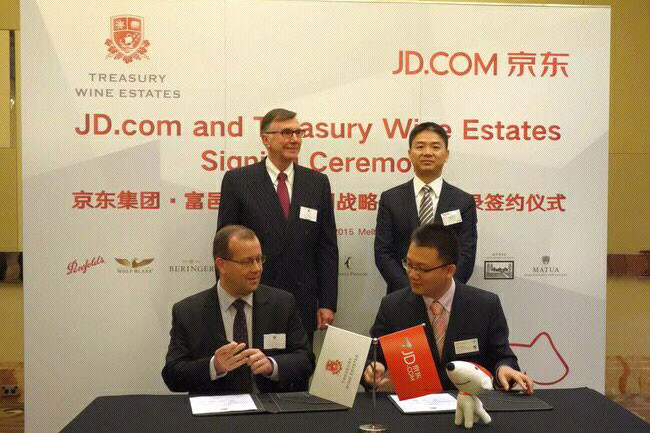
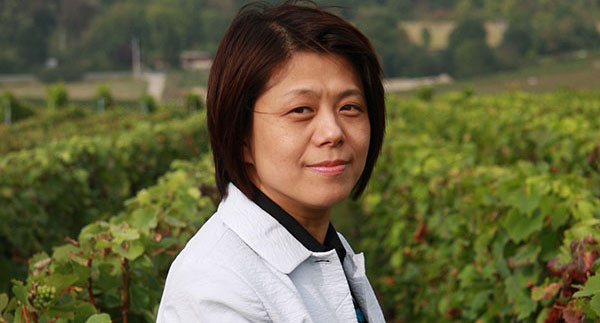

Comments
Submit